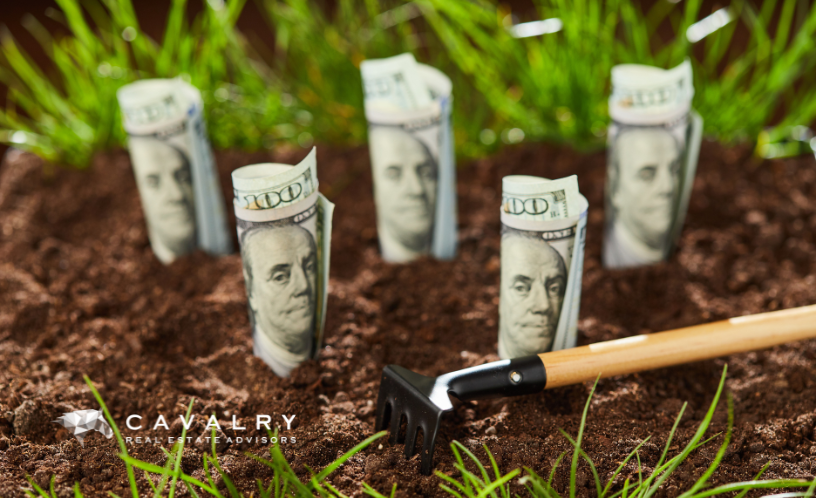Literally Reaping the Benefits: Agricultural & Farm Tax Credits

Tax credits. From brownfields to solid waste, we regularly help commercial real estate owners of all types reduce their tax burden and maximize their investment by taking advantage of federal, state, and local abatement programs. One type of tax relief that commercial owners are often surprised they may be able to take advantage of is agricultural and farm tax credits. As we discuss below, you don’t have to own 10,000 acres of soybean fields to utilize these types of credits.
Depending on the state – and specifically jurisdictions – these credits often focus on providing certain environmental/agricultural tax credits to business types prevalent in that specific area. Take Virginia, where they offer environmental credits specific to farm wineries and vineyards because of the numerous locations that exist in the state. It’s a great example of a property type you may not think of as commercial, but often is. Below, we look at three more tax credits/exemptions you may not know of but can apply to commercial businesses and property owners.
Beekeeping
Bees are crucial to the functioning of our environment, and many locales have recognized this by introducing tax benefits for individuals and businesses that keep beehives on property. A great example is hotels that keep bees, using the resulting honey in their restaurants. In Virginia, Hilton McLean has historically kept bees on its roof; while in Wisconsin, Hilton Milwaukee City Center does the same. While the beekeeping tax credits differ between those two states, it’s a great way to contribute to the greater good while potentially lowering your taxes.
Interestingly, your business can take advantage of the honey produced even if it doesn’t use it. Depending on the property where the bees are being kept, the higher the market value the greater potential for tax savings. For example, property owners in Texas will be taxed on the quantity of production as opposed to what it could be sold for, allowing the option for property owners to donate, gift, or keep the production for personal use. Of course, states that allow beekeeping as an agricultural valuation have certain laws that every taxpayer must follow. However, counties have full jurisdiction to regulate on their terms. They may have strict guidelines on areas such as acreage and land use, which we can help you navigate.
Urban Agricultural Property Tax Credit/Urban Farming Tax Abatement Programs
In recent years, incentivizing urban farming has become an opportunity for jurisdictions to promote knowledge and environmental stewardship. It could also be an opportunity for your business or parcel to take advantage of underutilized areas and reduce your tax burden for doing so.
Right in our backyard, Washington, D.C., offers up to a 90% property tax abatement for individuals whose property is being actively used as an urban farm, with a maximum abatement of $20,000. And right over the District line in Maryland’s Prince George’s County, urban farming credits are also available. Similar to beekeeping, programs vary widely; however, the environmental and tax benefits may be worth some digging (pun intended).
How to Get Started
Qualifying for these tax exemptions and credits is all about understanding jurisdictional nuance and providing authorities the right information. Before you dive into beekeeping, urban farming, or anything else, let Cavalry investigate the tax exemptions/credits that may exist in your jurisdiction. We’ll provide you an expert opinion on whether or not – warning, farm pun incoming – the juice is worth the squeeze. We’ll also prepare the necessary paperwork and compliance protocols to make sure – sorry, just one final pun – you don’t get stung.
BACK TO ARTICLES